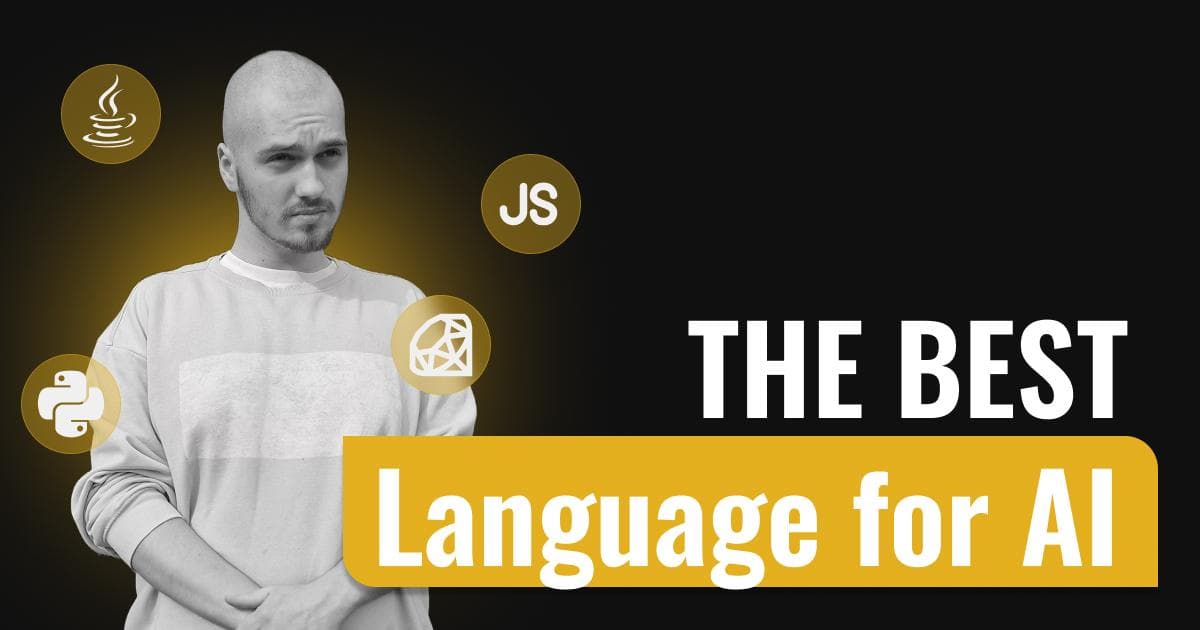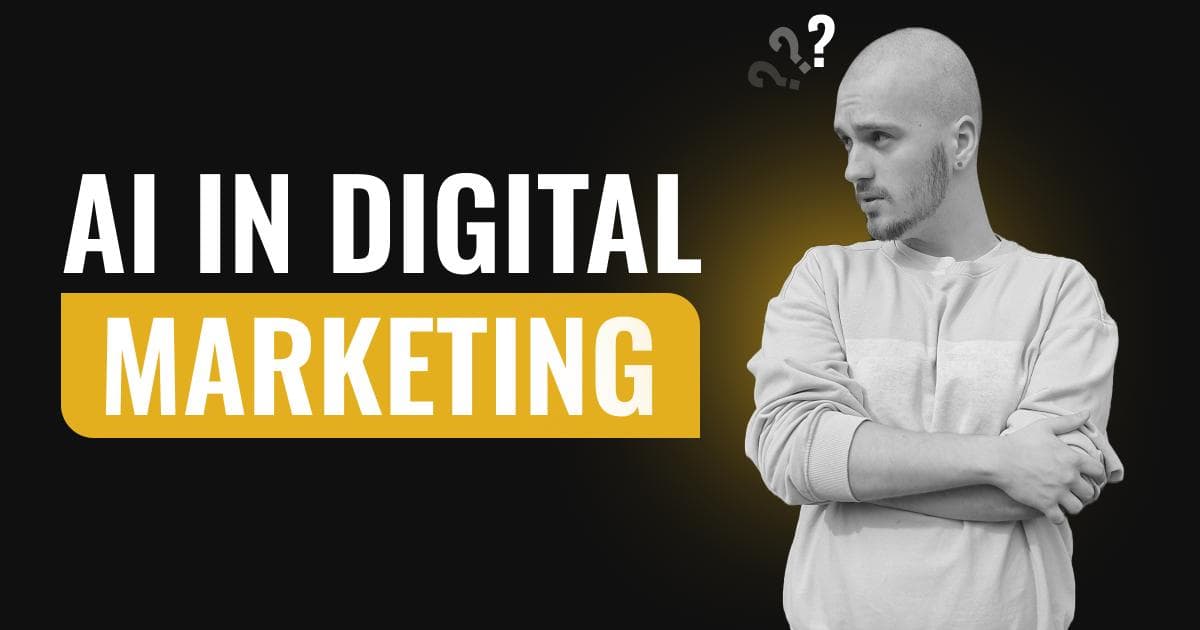What is an MCP server and why should you care?
Cezary Klauza
Created at 6/23/2025

Until recently, working with large language models (LLMs) looked pretty straightforward: you send a prompt to the model, get a response. Simple, but not scalable. The real challenge appeared when you needed to maintain context, manage multiple clients, integrate with external databases, and keep an eye on API limits.
That’s where Model Context Protocol (MCP) comes in — a set of rules and an intermediary server that helps manage context before sending queries to the model and after receiving responses. MCP is not another AI model or a coding framework. It’s more like infrastructure that makes working with models easier on both business and technical levels.
How does MCP work?
The MCP server handles several key things:
- Context management - it ensures the model receives only the relevant parts of conversation history or data. This helps avoid token limit overruns and reduces costs.
- Client and session isolation - every account, user, or project has its own separate context. No data leaks.
- Integration of multiple data sources - MCP can merge knowledge bases, documents, CRM data, and other resources into a single coherent context for the model.
- Limit and billing management - it tracks how many tokens and requests have been used by a specific client or project.
- Flexibility - adding new data sources or model providers is easy, without reworking your entire architecture.

Who should care about MCP?
If you’re running an AI project that:
- Serves more than one client,
- Requires access to various knowledge bases or frequently updated documents,
- Needs cost and usage control,
- Wants a scalable and modular solution,
then MCP is for you.
For business owners, it guarantees that AI works consistently and predictably, without unexpected expenses.
For developers, it offers convenience and lets you focus on building value instead of wrestling with integrations and context management.
What are the benefits of MCP?
- Scalability - grow your project, connect new data and models without constant rewrites.
- Better data organization - context is managed centrally and optimized for performance and cost.
- Security and data separation - each client has their own space, crucial for SaaS models and enterprise deployments.
- Time savings - no need to build session management, document merging, or API usage tracking from scratch.
- Greater control - full visibility into what goes to the model and where the context comes from.
To sum it up
Model Context Protocol is more than just a protocol — it’s an approach and a tool for efficient work with large language models that brings order and control to what could quickly become chaos and unexpected costs.
If you’re serious about deploying AI in your business or building an app relying on LLMs, MCP can be the foundation for scalable, secure, and efficient solutions.




